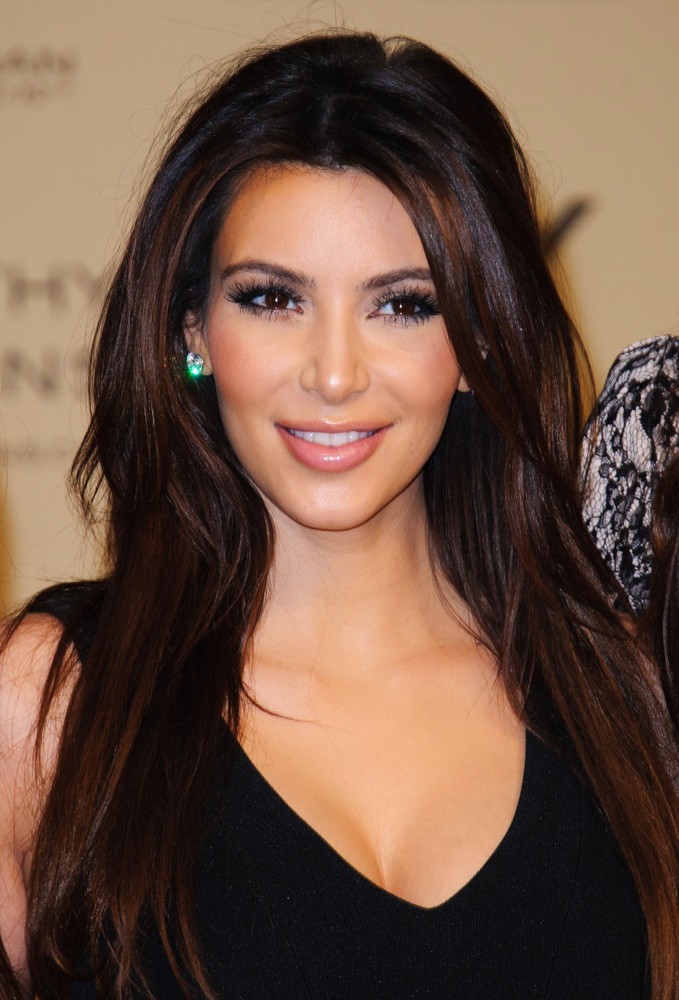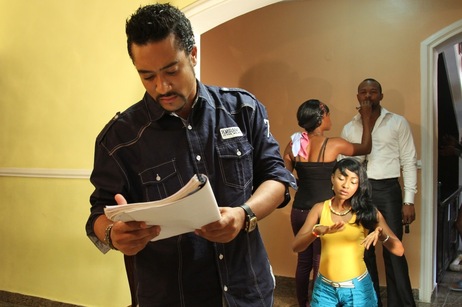
Actor Ravichandran

Dato Michelle Yeoh - Pretty Malaysian Actress
What can we learn from the Nigerian Film Industry? We ran the Shaw Brothers out of the country in the 70's and saw the collapse of the Malaysian Film Industry.
All the woes of the Malaysian film industry was thrown at the Shaw Brothers. But what would be Malay film industry be if not for Shaw, though they we driven by profit.
But in the 60's there was not much money to be made from local films and local songs.
But it's best to leave the past behind and surge forward and build a film industry like Nigeria and call MalayWood
 Wikipedia
Wikipedia
The cinema of Nigeria grew quickly in the 1990s and 2000s to become the second largest film industry in the world in terms of number of annual film productions, placing it ahead of the United States and behind the Indian film industry. According to Hala Gorani and Jeff Koinange formerly of CNN, Nigeria has a US$250 million movie industry, churning out some 200 videos for the home video market every month. Nigerian cinema is Africa's largest movie industry in terms of both value and the number of movies produced per year. Although Nigerian films have been produced since the 1960s, the rise of affordable digital filming and editing technologies has stimulated the country's video film industry. The Nigerian video feature film industry is sometimes colloquially known as Nollywood, having been derived as a play on Hollywood in the same manner as Bollywood.

............................................
The fact is and will always remain I, Juliet Ibrahim is 100 times hotter, prettier than Kim K! I have every right to say so because, I am an African woman without any surgeries and natural beauty is what I brag of. If this is offending you pls kindly walk without your faulty specs and bang your head into a wall
So, who’s hotter…Kim or Juliet? Throw your comments in please!
So, who’s hotter…Kim or Juliet? Throw your comments in please!


................................................................................................................................................................
Hooray For Nollywood: Nigerian Distributor Casts Wide Net Online
The massively popular Nigerian film industry known as Nollywood started humbly about 20 years ago. Nollywood movies were shot as cheaply and as quickly as possible, then released straight to VHS.
Nollywood caught on globally, and piracy was a major factor in the industry's growth, as copies of copies of Nollywood tapes sold on street corners from Lagos to Harlem. In the early 2000s, Nollywood distribution shifted from VHS to discs — and now, the movies are also beginning to stream online.
Nollywood is known for melodramas and comedies about contemporary West African life. The popular film Blackberry Babes tells the story of young women in Lagos who are obsessed with smartphones.
Nollywood stories riff on global trends and new technology. Behind the scenes, Nigerian entrepreneurs are interested in how these trends and technologies affect their business. One company called iROKOtv is making waves as Nollywood's largest digital distributor.
The company's office is like a Silicon Valley startup downloaded into a nondescript Lagos neighborhood. Inside, the four-story compound is buzzing. Young people work on Apple computers in every room.
"This is like the operating center, the nerve center," says iROKOtv CFO Seyi Yerokun, who left a job in finance to work here.
"We have around 80 people. We have three offices: Lagos, we have New York, we just opened, and we have London."
The company started with a quick idea from the now-CEO, Jason Njoku.
"He just came up with this brilliant idea to stream Nollywood videos on YouTube," Yerokun says.
The company has raised more than $8 million from U.S. venture capital funders, and the majority of their profits come from ads.
Nigeria's Internet is slow, and most Nollywood fans in Africa don't have home access to YouTube. But iROKO is banking on the future of connectivity in Africa. And in the meantime, they keep their feet on the ground in Lagos and their marketing focus abroad.
"We've realized that our market is in the diaspora, Africans in the diaspora," Yerokun says. "The West is our largest market."
And that market has bigger needs than Nollywood movies. Michael Ugwu is in charge of extending iROKO's brand into music distribution.
"We can monetize the diaspora, because we've learned how to monetize the diaspora," Ugwu says. "Our diaspora audience has access to credit cards. They have access to iTunes. They have access to PayPal."
That diaspora includes Nollywood fans like Ihuoma Mambo Atanga. She's from Cameroon and Nigeria, but she lives and works in New York City.
"My relationship with iROKO is a love-love-love relationship, I have to say," Atanga says. "Really what the public wanted, what we wanted was to go out there and find stories that will make us feel a little close to home. There's this yearning when you're far away from home — it's like you just want a taste of what you know."
Today, the majority of Nollywood films are still sold offline — in outdoor markets from wheelbarrows or by the roadside from street vendors. But on the Internet, iROKO is carefully tracking the viewing patterns of its growing audience. In the future, they plan to produce original content that's customized to the likes and dislikes of Nollywood's global online fan base.



No comments:
Post a Comment